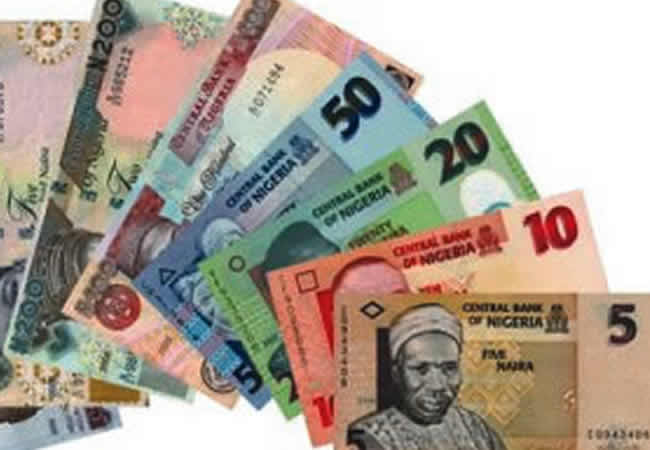The Central Bank of Nigeria (CBN) has vehemently opposed a bid to remove the Arabic inscriptions on the country’s currency – naira notes in a suit before the Federal High Court in Lagos.
While expressing its stance, the CBN informed the Federal High Court that it would cost a huge amount of money to get rid of the existing notes and print new ones without the inscription in contention.
The apex bank added that the Arabic inscription is not a symbol or mark of Islam but an inscription to help non-English speakers or uneducated populace who are literate in Arabic for easy trade transactions.
NEWS: #EndSARS promoters must be prosecuted, Says Garba Shehu
A Lagos-based lawyer, Chief Malcolm Omirhobo, had recently filed the suit before Justice Mohammed Liman, arguing that having Arabic inscriptions on the naira notes portrays Nigeria as an Islamic state, contrary to the country’s constitutional status of a secular state.
Omirhobo, who said he does not know what the Arabic inscriptions mean, is seeking the court to order the CBN to replace the Arabic inscriptions with either English language, which is the country’s official language, or any of Nigeria’s three main indigenous languages; Hausa, Yoruba or Igbo.
The lawyer said that with the Arabic inscriptions on the naira note, the CBN has been violating sections 10 and 55 of the Nigerian Constitution, which make the country a secular state and wants the court to restrain the CBN from further approving, printing and issuing naira notes with Arabic inscriptions, bearing in mind that Nigeria is a secular state.
But in the counter-affidavit by the nation’s apex bank, deposed to by one Abiola Lawal, the CBN maintained that contrary to Omirhobo’s claim “the Ajami inscriptions on some of the country’s currencies do not connote any religious statements or Arabian alignment.”
The CBN also tackled the lawyer on the claim that the Arabic inscriptions were a threat to Nigeria’s secular status.
The apex bank said, “The inscriptions on the country’s currencies do not and at no time have they threatened the secular statehood of the nation nor have they violated the Constitution of Nigeria, as every design and inscription was finalised with the approval of the relevant government bodies.’’
The CBN further explained that the “Ajami inscriptions” on the naira notes dated back to the colonial era and they do not imply that Arabic is an official language in Nigeria.
The CBN said, “The Ajami was inscribed on the country’s currency by the colonialists to aid those without Western education in certain parts of the country, who, back then, constituted a larger part of the populace. The Ajami is not a symbol or mark of Islam but an inscription to aid the populace uneducated in Western education in ease of trade.”













